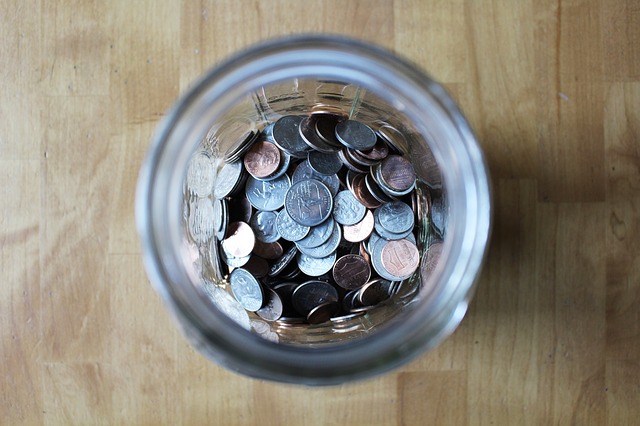Staging Your Home: Here Are Your Self-Storage Options
 If you’re staging your home to sell, you may find yourself with more stuff than space. Rather than selling possessions that you’d rather not part with, you can put your things into short-term storage until your home sells and you’re able to move.
If you’re staging your home to sell, you may find yourself with more stuff than space. Rather than selling possessions that you’d rather not part with, you can put your things into short-term storage until your home sells and you’re able to move.
Here are some options you have when choosing and using a self storage unit.
Climate Controlled Or Not
Climate controlled units are located inside buildings. They could be compared to an apartment building, except instead of housing people, these storage buildings house belongings. Inside, they are powered with electricity and a temperature control that is temperate.
The advantage of a climate controlled storage unit is that your possessions won’t get above average hot or below average cold. If you plan to store certain items that are temperature sensitive, such as photographs, antique wood furniture or heirloom paintings, a climate controlled unit is a must.
Self storage units that are not climate controlled are typically located in garage-like buildings with a garage door opening that is open to the outside. There is usually no electricity or power inside the unit, so if you want to visit at night or on a dark day you’ll need to bring a flashlight.
There is no temperature control, so whatever the temperature is outside, it will be similar inside the unit. Depending on the climate you live in, it could get freezing inside the unity or extremely hot. If you’re planning on storing things that can withstand extreme temperatures, like a small motor vehicle, clothing or kitchen goods, you could opt for a unit like this.
Ground Level Or Above
Climate controlled storage buildings usually have more than one floor. Often, the ground level units are considered to be more convenient, so the rental rate may be higher than those on a higher floor. If you choose a ground level unit, you’ll be able to access your unit without navigating up and down an elevator for every trip back and forth to your car.
Units on higher floors will have access via a freight elevator. The freight elevator will be large enough to hold even your larger furnishings, such as couches, bureaus and desks. You’ll still be able to use a hand truck to cart your belongings, but you’ll have the disadvantage of having to wait for the elevator since other renters will also be using it.
Knowing these things ahead of time will help you make your decision about what kind of self storage unit to rent. No matter which one you choose, you can rest assured that your belongings will be safe and sound until you’re ready to bring them to your new home.
If your house is on the market, it’s important to plan ahead for your next home purchase. Be sure to meet with your trusted home mortgage professional to discuss your best financing options.
 Your carbon footprint is the measure of your impact on the earth’s natural resources. This number describes the amount of fossil fuel it takes to support your lifestyle. In the United States, each person produces an average of 19.78 tons of carbon dioxide every year. A high carbon footprint means your daily habits are a quickening drain on our finite resources.
Your carbon footprint is the measure of your impact on the earth’s natural resources. This number describes the amount of fossil fuel it takes to support your lifestyle. In the United States, each person produces an average of 19.78 tons of carbon dioxide every year. A high carbon footprint means your daily habits are a quickening drain on our finite resources.  If you find it difficult to make ends meet, these tips will help you save money in ways that are easy to do and create substantial savings over time.
If you find it difficult to make ends meet, these tips will help you save money in ways that are easy to do and create substantial savings over time.